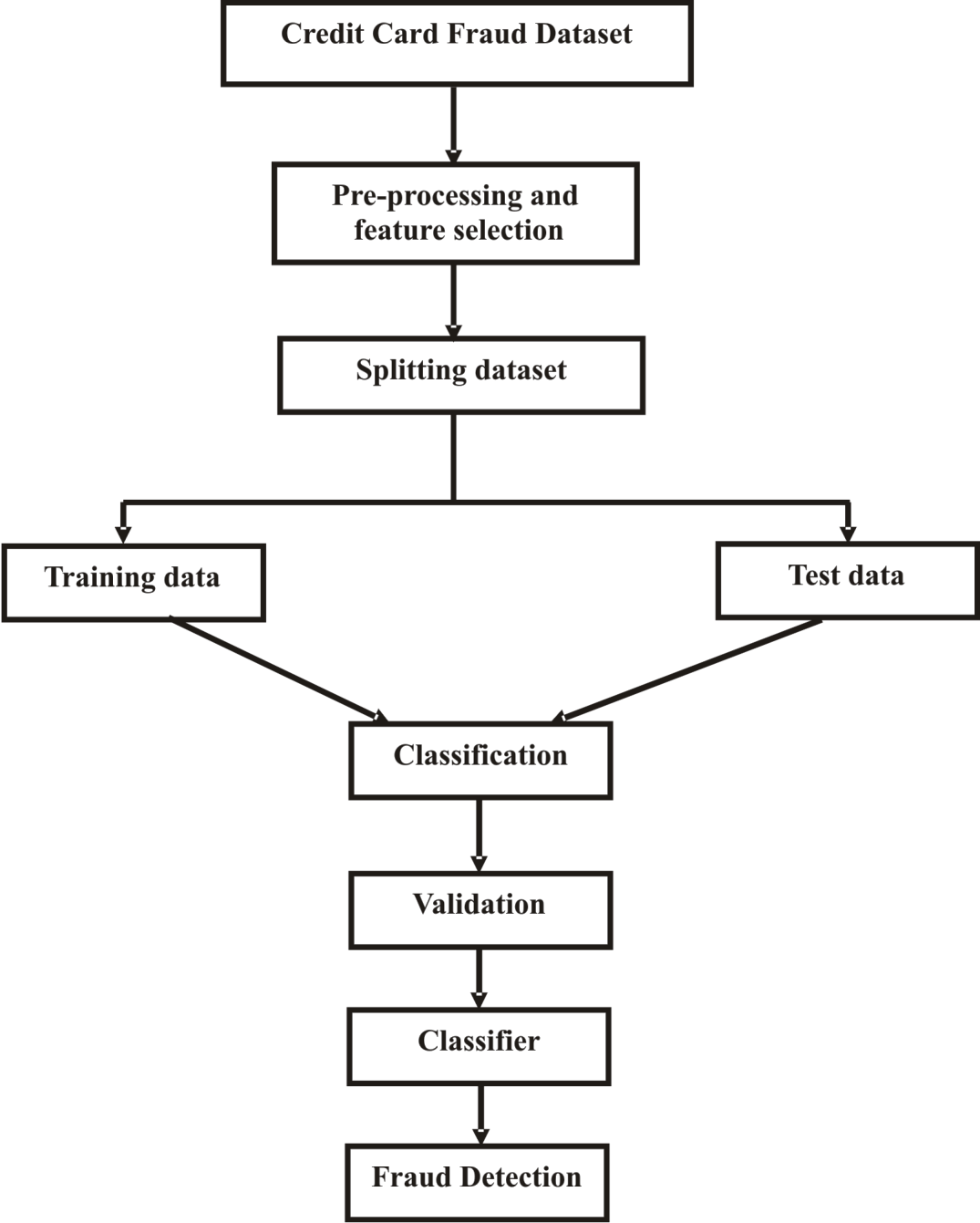Credit card fraud detection using logistic regression and isolation forest algorithms
Keywords:
Anomaly detection, credit card, fraudulent, isolation, local outlier, machine learning.Abstract
Due to the rapid growth of e-commerce, the use of credit cards for online purchases has increased and unexpectedly caused an eruption in credit card fraud. Fraud detection systems come into a synopsis when the fraudsters break down every prevention initiative put in place. Fraud detection based on analysing existing purchase data of a cardholder is a promising way in minimizing fraud. The detection of credit card fraud features statistical tests and data made on user data based on those behavioural and historical data. This study focused on the use of Logistic Regression and Isolation Forest in detection of credit card fraudulent transactions. Dataset used in this study was obtained from Kaggle. In measuring the model performance: precision, recall, F1-score and AUC-ROC curve were used. From the study results, accuracy score for logistic regression algorithm yielded 99.91% for training data and 78% for testing data, while the precision, recall and F1-score were 0.95, 0.56 and 0.70 respectively. Furthermore, accuracy score for isolation forest algorithm yielded 99.82% for training data and 74% for testing data, while the precision, recall and F1-score were 0.49, 0.49 and 0.49 respectively. From the results obtained upon evaluating the dataset, finding revealed that logistic regression algorithm out-performed isolation forest algorithm.


